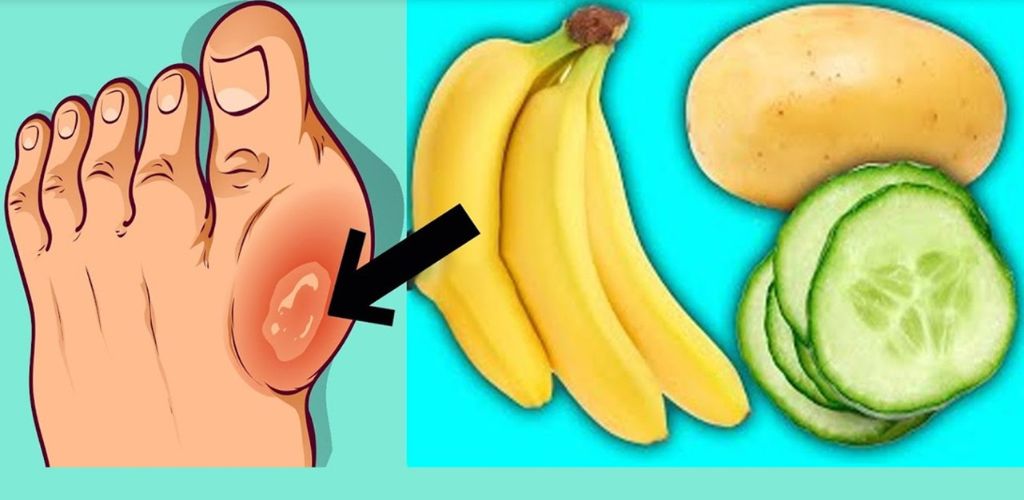It’s true that diet plays a significant role in managing joint and bone pain. Here’s a breakdown of the best foods to incorporate, along with why they’re beneficial:
Key Food Groups and Nutrients:
- Omega-3 Fatty Acids:
- These powerful anti-inflammatories are found in fatty fish (salmon, mackerel, sardines), flaxseeds, and chia seeds.
- Benefits: Reduces inflammation, eases joint stiffness, and may improve mobility.
- Antioxidant-Rich Fruits and Vegetables:
- Berries (blueberries, strawberries), leafy greens (spinach, kale), and colorful vegetables are packed with antioxidants.
- Benefits: Protects cells from damage, reduces inflammation, and supports overall joint health.
- Calcium and Vitamin D:
- Essential for bone health, found in dairy products (milk, yogurt), leafy greens, and fortified foods.
- Benefits: Strengthens bones, prevents bone loss, and reduces the risk of fractures.
- Vitamin D is very important for calcium absorbtion.
- Healthy Fats:
- Avocados, nuts, and olive oil provide healthy fats that reduce inflammation and support joint function.
- Benefits: Lubricates joints, reduces inflammation, and promotes overall health.
- Lean Protein:
- Chicken, fish, beans, and lentils provide protein for building and repairing tissues, including cartilage.
- Benefits: Supports muscle strength, which helps stabilize joints.
- Whole Grains:
- Whole grains, such as brown rice and quinoa, provide fiber and nutrients that support overall health.
- Benefits: Fiber helps to lower inflammation.
Foods to Limit or Avoid:
- Processed Foods: High in unhealthy fats, sugar, and additives, which can increase inflammation.
- Sugary Drinks: Can contribute to inflammation and weight gain, which puts extra stress on joints.
- Red Meat: In excess, can increase inflammation.
- Excessive Alcohol: Can interfere with bone health and increase inflammation.
Important Considerations:
- Maintain a Healthy Weight: Excess weight puts extra stress on joints, so maintaining a healthy weight is crucial.
- Stay Hydrated: Water helps lubricate joints and keeps them functioning smoothly.
- Consult a Healthcare Professional: If you have severe joint or bone pain, it’s essential to see a doctor for diagnosis and treatment. A registered dietitian can also help you create a personalized meal plan.
By incorporating these foods into your diet and making healthy lifestyle choices, you can effectively manage joint and bone pain and improve your overall quality of life.


